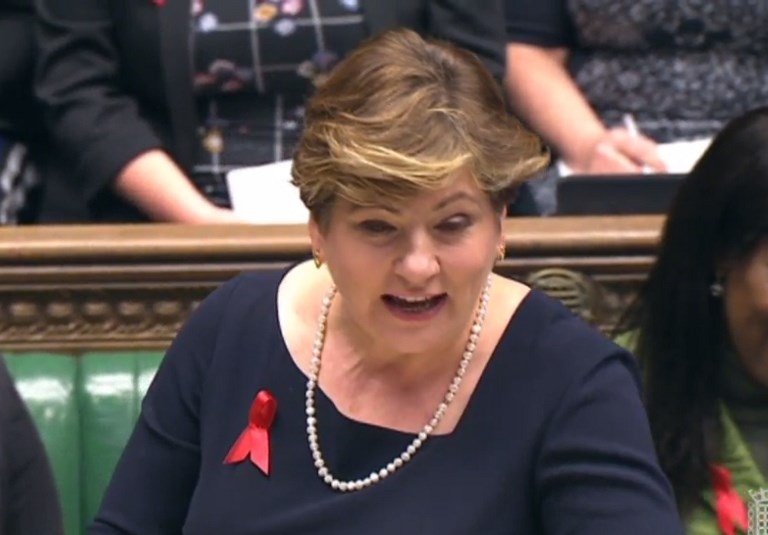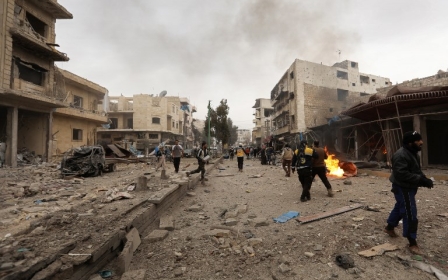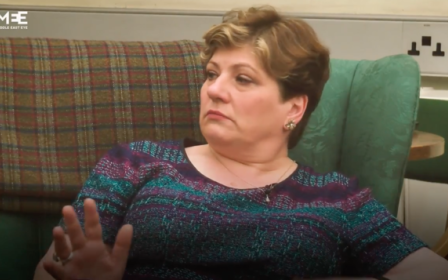Labour party's shadow secretary says popular support for Assad 'underestimated'

Britain's shadow foreign secretary, Emily Thornberry, claimed that support for Syrian President Bashar al-Assad has been "underestimated" and is widespread across Syria.
The comments come in the wake of a series of chemical attacks that opposition activists and rebel groups claim was perpetrated by the Syrian government.
Speaking to Prospect magazine, Thornberry said that Syria needed a "political solution" and called for urgent peace talks between the warring sides.
“There is an argument that if [President Bashar al-Assad] had been as overwhelmingly unpopular as the rebels told the West at the outset then he wouldn’t be there,” Thornberry told the magazine.
“I think there has been depth and a breadth of support for Assad that has been underestimated.”
The author of the Prospect magazine piece also said that Thornberry did not condemn the Syrian government during his interview with her.
A spokesperson for the Labour Party said that Thornberry's comments aimed to show that "previous predictions" of Assad's fall "proved over-optimistic".
"It's a statement of fact that in 2011 many commentators and foreign diplomats were predicting that Assad would be deposed in a matter of weeks as the dictators of Tunisia and Egypt," the spokesperson told MEE.
Earlier this year, Thornberry said that Russia was not blocking chemical weapons inspectors from entering Eastern Ghouta after an alleged chemical attack.
During an appearance on BBC's Question Time, she said that inspectors were blocked from entering because of "red tape" imposed by the United Nations.
"My understanding is that it's [the] United Nations with their red tape and their safety with getting their stuff through. That is what I'm told."
Chlorine gas used in Saraqeb
The Organisation for the Prohibition of Chemical Weapons confirmed on Wednesday that chlorine gas was used in an attack in February on Saraqeb in northwestern Idlib.
The OPCW did not say which group used the banned munitions but said that laboratory tests confirmed the presence of chlorine.
The Syrian government denies using chlorine and other chemical weapons.
The OPCW report stated that the government had told it Saraqeb had not been under its control for a long period of time, including the time of the incident.
It supplied the OPCW with technical analysis of the alleged incident based on open-source media but did not respond to further requests for supporting information.
New MEE newsletter: Jerusalem Dispatch
Sign up to get the latest insights and analysis on Israel-Palestine, alongside Turkey Unpacked and other MEE newsletters
Middle East Eye delivers independent and unrivalled coverage and analysis of the Middle East, North Africa and beyond. To learn more about republishing this content and the associated fees, please fill out this form. More about MEE can be found here.




